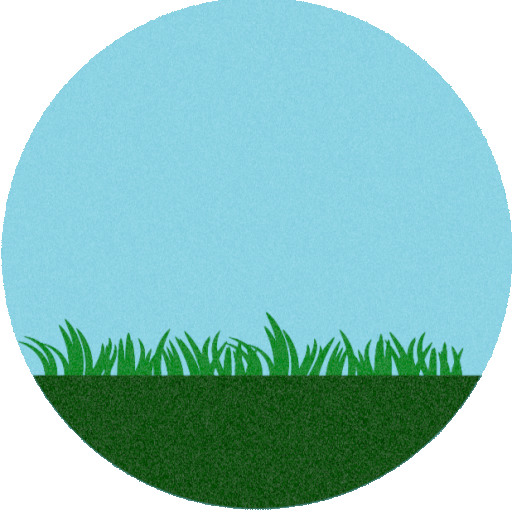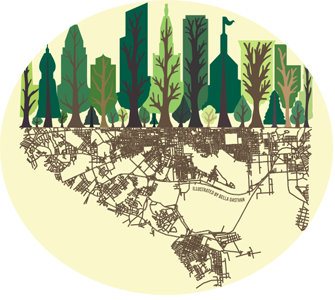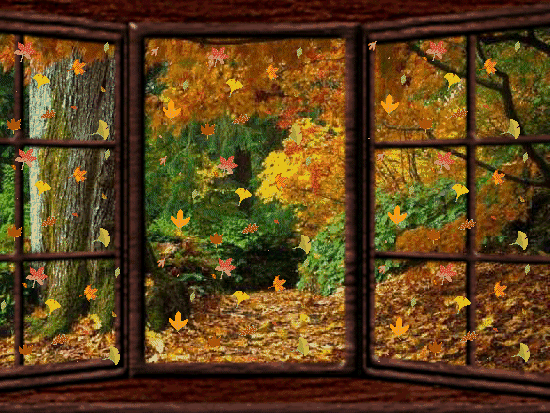|
ENERGY INDEPENDENCE |
|
TREES & VEGETATION TREES - THE ORIGINAL AIR CONDITIONERS
"What to do when sucker lunatics start diggin' and chewin'
They don't know that the Soul don't go for that Potholes in my lawn I've found that it's not wise To leave my garden untended .... Evil-doers who dig holes (dig holes) Which leaves my lawn with lawn-chew I think I'd better plant traces to give clues .... Potholes in my lawn ~ Potholes in my lawn" "Grazing In The Grass" - The Friends Of Distinction ..............................................................................................................................................................................................................................................................................................................................................................................................................................................             "A Hyper-Local Study of Vegetation Shows That the City's Trees and Grass Often Cancel out all the CO2 Released From Cars,
Trucks, and Buses on Summer Days."
            .............................................................................................................................................................................................................................................................................................................................................................................................................................................. What do trees and vegetation provide? 1. Trees and vegetation breathe in carbon dioxide, and breathe out, making oxygen. All moving creatures breathe in oxygen,
and produce carbon dioxide. Carbon dioxide is the main gas that gets trapped, causing, "The Greenhouse Effect," which warms
the Earth. Where there are trees and vegetation, all creatures breathe easier, because we feel reassured that this indeed
is our home, our habitats. |
|||
|
MARYLAND & CHESAPEAKE BAY In the 1700's and 1800's, trees were harvested wood for homes, barns, heat, and trade, closest to where most of humanity live
still today - right by waterways. 70 to 80 percent deforestation - harvest clearing meant exposed erosion. Reforestation
began during the early twentieth century, but Maryland nature has not recovered due to urbanization erosion (forced drainage).
"6 Ways Trees Benefit All of Us" - The Nature Conservatory (2020) "Since the seventeenth century, watershed-wide changes in land use and land cover have disrupted the natural processes of
erosion:
* During the eighteenth and nineteenth centuries, 70 to 80 percent of the watershed’s forest cover was removed to supply people with firewood and farmland. Cleared, exposed land is prone to erosion. * Deforestation peaked in the late nineteenth century, and while reforestation did take place during the twentieth century, increased urbanization has continued to contribute to high erosion rates. * Studies of sediment cores in the Bay and its tributaries show a four-to-five-fold increase in sediment accumulation rates in some parts of the Bay since the 1800s."
"Biden Releases $1B for Urban Trees - E&E News (2023) Marylanders Plant Trees - Maryland Department of Natural Resources The Maryland Ornithological Society ........................................................................................................................................................................................................................... |
MARYLAND & CHESAPEAKE BAY Enter content here "We're in the midst of three major - and interrelated - crises right now: climate change, biodiversity loss, and a rise
in zoonotic diseases. And trees have the power to help solve all three. But how? WCS Wild Audio spoke with John Lotspeich,
Trillion Trees Executive Director, to better understand exactly how increasing forest cover can lead to better outcomes for
wildlife, and for all of us."
.......................................................................................................................................................................................................
|
||
                        COOL NATURALLY!!!!
We're talking, designing, and implementing for all - STEAM HEAT!!!! .............................................................................................................................................................................................................................................................................................................................................................................................................................................. |
|||




